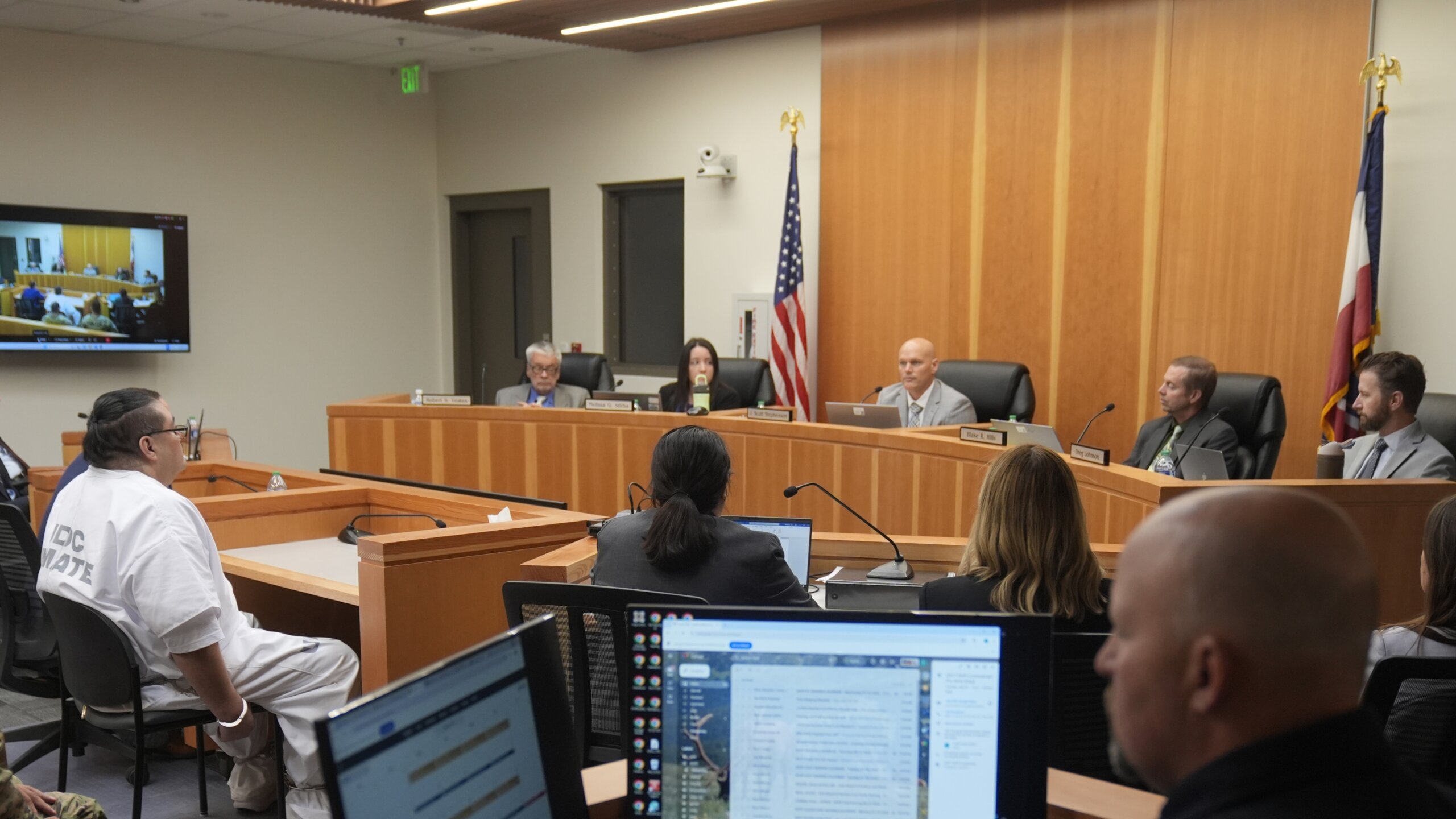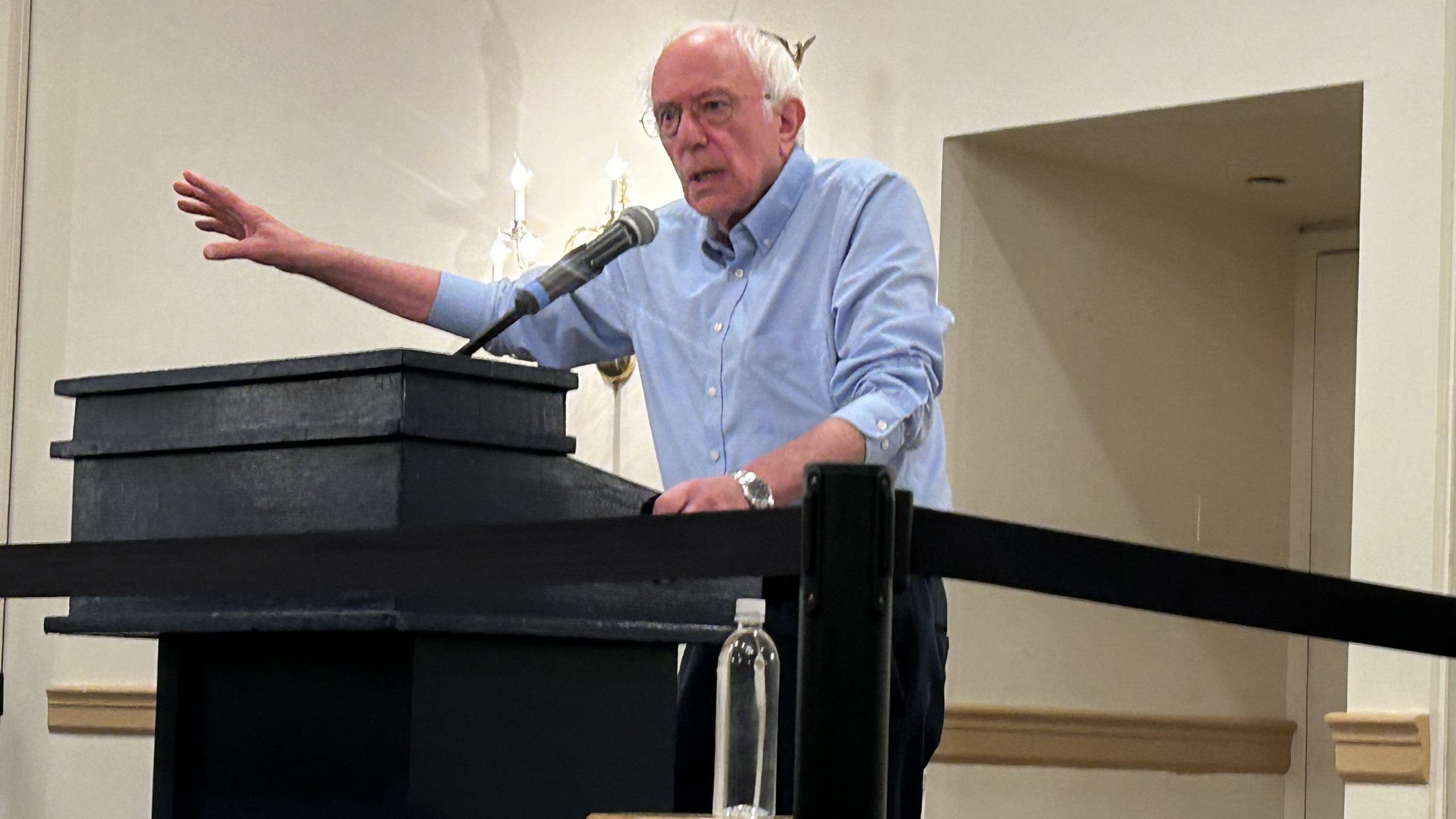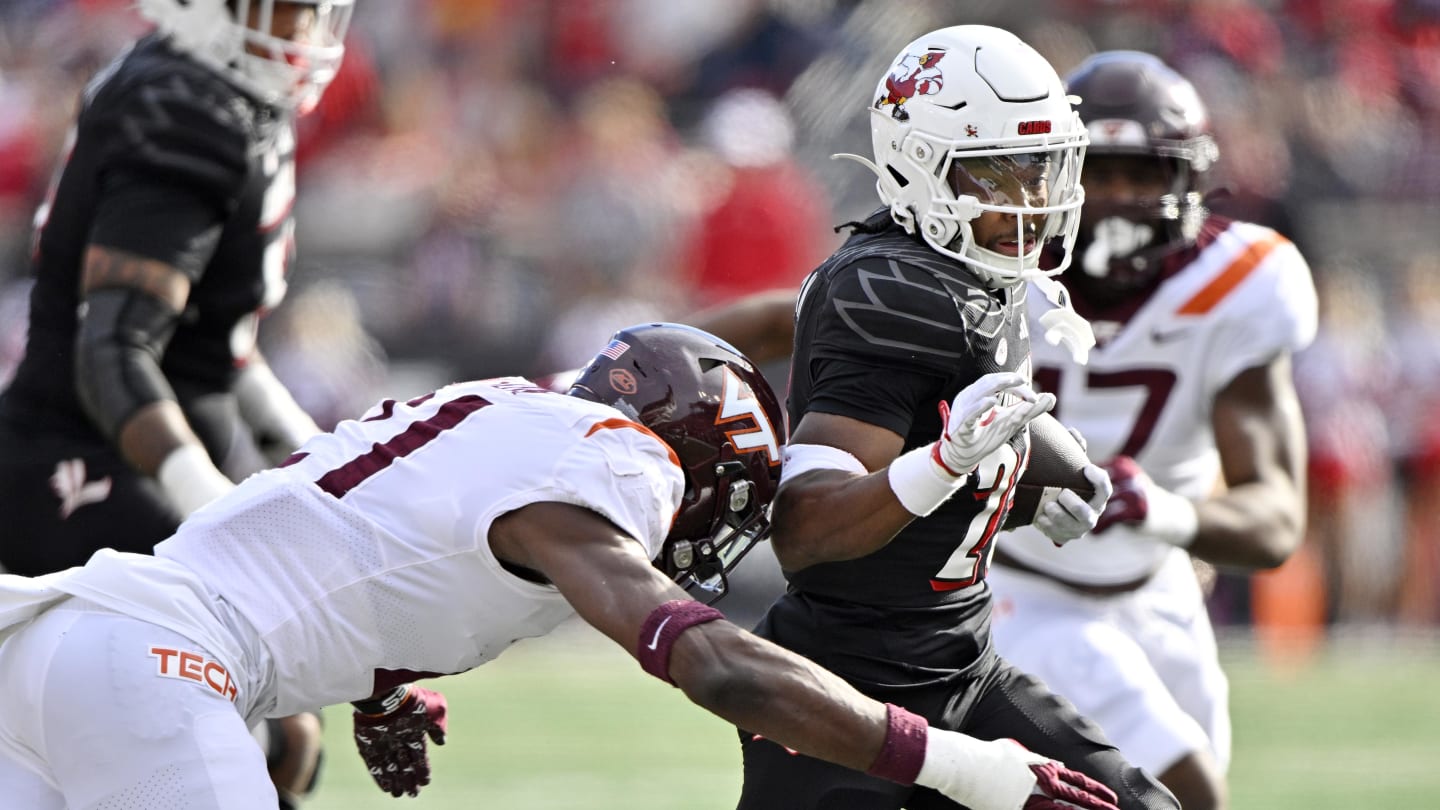US defence secretary Lloyd Austin has warned Israel that it risks “strategic defeat” unless it protects Palestinian civilians in Gaza.
In a sign of growing tensions between the close allies as Israel resumes its military campaign in southern Gaza, Austin said Israel would only win if it protected civilians and created humanitarian corridors.
“In this kind of a fight, the centre of gravity is the civilian population. And if you drive them into the arms of the enemy, you replace a tactical victory with a strategic defeat,” Austin said in a speech to the Reagan National Defense Forum in California.
US president Joe Biden and other senior American officials have warned their Israeli counterparts that they must avoid the kind of mass internal displacement triggered by their bombardment of Gaza’s north. They have urged Israel to be more precise in the next phase of its campaign.
Austin and other US military officials have invoked lessons learned in Washington’s fight against Islamic State in Iraq, which involved intense urban combat.
“Like Hamas, ISIS was deeply embedded in urban areas. And the international coalition against ISIS worked hard to protect civilians and create humanitarian corridors, even during the toughest battles,” said Austin, who is a former commander of US forces in the Middle East.
“The lesson is not that you can win in urban warfare by protecting civilians. The lesson is that you can only win in urban warfare by protecting civilians.”
US secretary of state Antony Blinken said on Friday that Israel had shared with him its plans about how to protect civilians in the next phase of the military effort, and said the US would monitor the ongoing campaign closely.
Biden is under increasing pressure from within his administration and the Democratic party to do more to constrain Israel.
“It is critical that Israel defeats Hamas. If they continue killing this many civilians, they’re going to make them stronger,” Democratic congressman Seth Moulton said.
The Israeli military intensified air strikes in southern Gaza on Saturday and ordered residents of some Palestinian border towns to leave their homes.
Since the breakdown of the truce on Friday, Israel’s renewed offensive in Gaza has killed 193 people, Palestinian health officials said.
Israel’s military said it had hit multiple “terror targets” in northern Gaza, including a mosque it said was being used as a command centre by militants. It added that its jets “struck over 50 targets in the area of Khan Younis” in southern Gaza overnight.
Palestinian health officials say more than 15,200 people have been killed by Israel’s military response to the attacks by Hamas on October 7, in which the militant group kidnapped 240 people and killed 1,200 in southern Israel.
During the temporary ceasefire Hamas freed 84 women and children while Israel released about 240 Palestinian women and children from prison. The Israel Defense Forces said Hamas was still holding 136 people hostage, among them 17 women and children. The remainder of the hostages are mainly Israeli soldiers and reservists.
Israel’s defence minister Yoav Gallant said the military campaign was degrading Hamas’ capabilities as well as forcing it to negotiate over hostages.
“Through our military action, we also create the conditions that push [Hamas] to pay a heavy price, and that is in the release of hostages,” he said.
He asserted that Israel had killed “thousands” of Hamas fighters, “struck dozens of headquarters” and detained “hundreds” of operatives.
The UK government said it would conduct military surveillance flights over Gaza to help the hostage rescue operation. British nationals are among those held. The UK Ministry of Defence said only information related to hostage rescue would be passed to Israel.
Additional reporting by Chloe Cornish in Jerusalem and Lucy Fisher in London





























